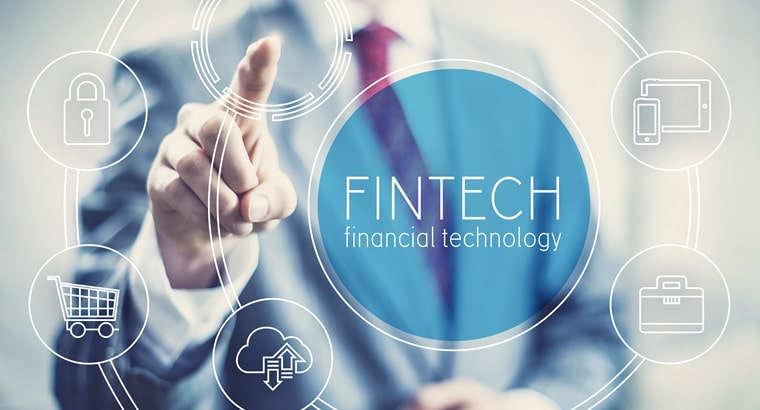Both consumers and businesses have faced difficulties this year on many different fronts. Constantly adjusting to market fluctuations has been quite a struggle for businesses worldwide, from the protracted COVID-19 pandemic to the abrupt crypto market crash.
To meet both customer needs and international regulatory constraints, the FinTech industry is growing along with market trends. In 2023, the industry will continue to suffer significant disruption from powerful technical developments allowing it to enhance customer experiences, strengthen value offerings, and boost earnings.
Cashless Is the King
Less than one in six payments are made now in cash. With a 35% decline in settlements made with banknotes or coins in 2020, the epidemic hastened the already significant migration to non-cash payments.
This trend is expected to continue in 2023 by banking app developers due to the expansion of non-cash merchants and the acceleration of digital transformation in all sectors, including financial management and digital accounting. Paying simply with a debit or credit card, a smartphone app like Google Pay, or other electronic payment methods will soon become the standard.
Public Banking
Many of the nation’s top banks have embraced open banking to encourage innovation and consumer choice. This enables financial technologists to design applications that can enhance the consumer experience with quicker, more secure payments and improved financial transparency by giving them access to bank data via an API (Application Programming Interface). Customers’ relationships with their money and the landscape of financial services may shift due to open banking.
More Regulatory Oversight of Embedded Financing Products
Over the next six to twelve months, it is anticipated that the growth of financial products and services integrated into and provided by unregulated entities will increase regulatory awareness and intervention as regulators work to safeguard consumers by making clear matters like responsibility and available remedies.
A One-App Superpower
We also see the emergence of “super apps,” which aggregate numerous apps with various purposes into a single ecosystem. WeChat is utilized in Asia, for instance, to message, pay, order food from restaurants, and shops, and even schedule doctor visits.
Although the adoption of super apps has lagged in the United States, companies and apps in the finance and payment sectors like Block’s Cash App, Coinbase Global’s cryptocurrency wallet, Robinhood Markets’ trading app, and the buy now, pay later companies Affirm and Klarna as well as neobank Chime are expanding their functionality. These super applications typically have features like peer-to-peer transfers, peer-to-peer payments, debit and bank accounts, direct deposits, stock trading, cryptocurrency trading, and more.
Automating Processes with Robots
Robotic process automation entails delegating straightforward manual operations to software robots that follow predefined criteria. All types of financial organizations could benefit greatly from this technology’s time and resource savings on these more basic tasks.
This frees up time for employees across the board to work on more imaginative and people-centered tasks, boosting job satisfaction.
One of the most prevalent uses of RPA in the financial services sector is marketing, particularly email marketing.
RPA, for instance, might be used by insurance companies to speed up the claims procedure. To reduce compliance risk and free up time for insurers, it can gather and process claims data more quickly and with fewer human errors.
More People Will Adopt DeFi and Blockchain
For supporters of cryptocurrencies, the past year has been difficult. Since its yearly peak, the market has lost close to $2 trillion.
But don’t let that deceive you. The economy’s overall state seems to be more responsible for the declining trend than any other element. The underlying blockchain technology is still evolving and demonstrating promise in some applications.
For instance, it is currently expensive, time-consuming, and slow to transmit money internationally. Peer-to-peer transactions are made instantaneous and cost-free by DeFi, which is one of the main problems it tackles. A recent study demonstrates that the value of cryptocurrencies for international payments is increasingly being acknowledged.
Conclusion
The FinTech sector is fueled by some current (and developing) developments, which have allowed it to develop quickly. Technology improvements are influencing how people access and manage their finances as the financial sector continues to change.










